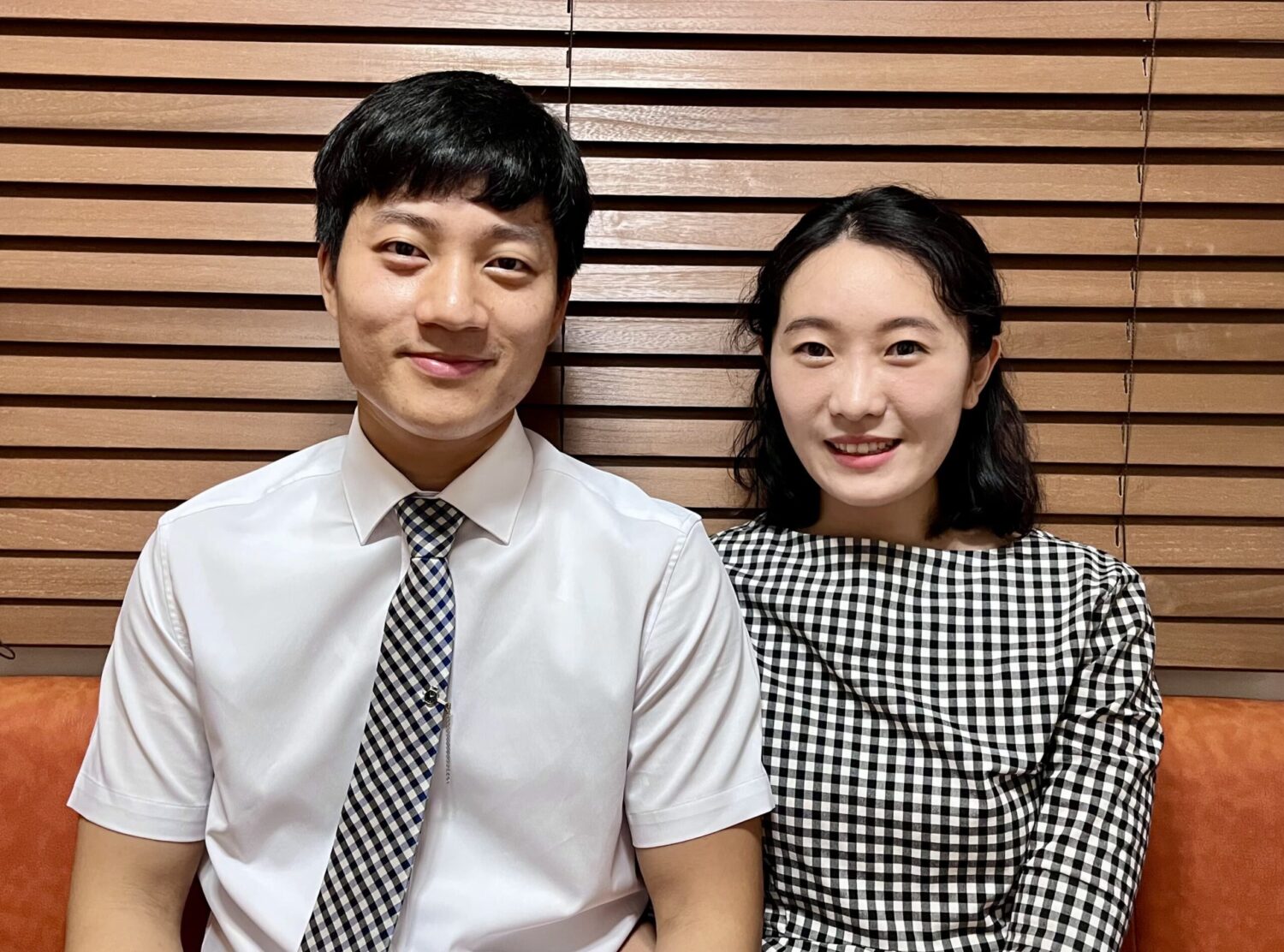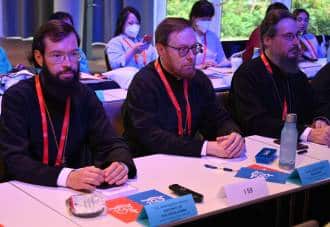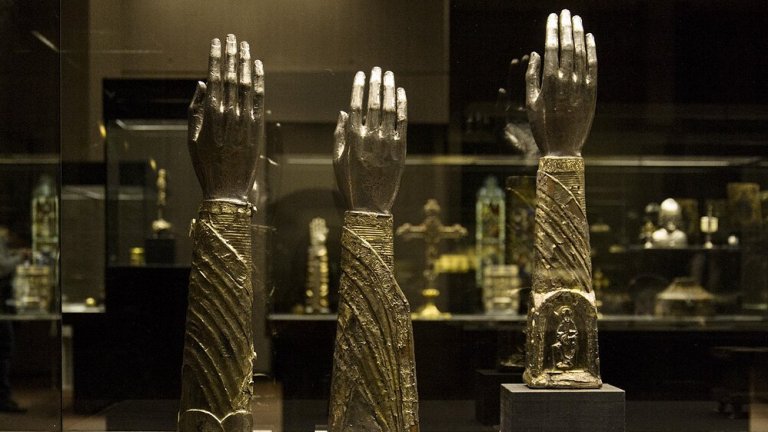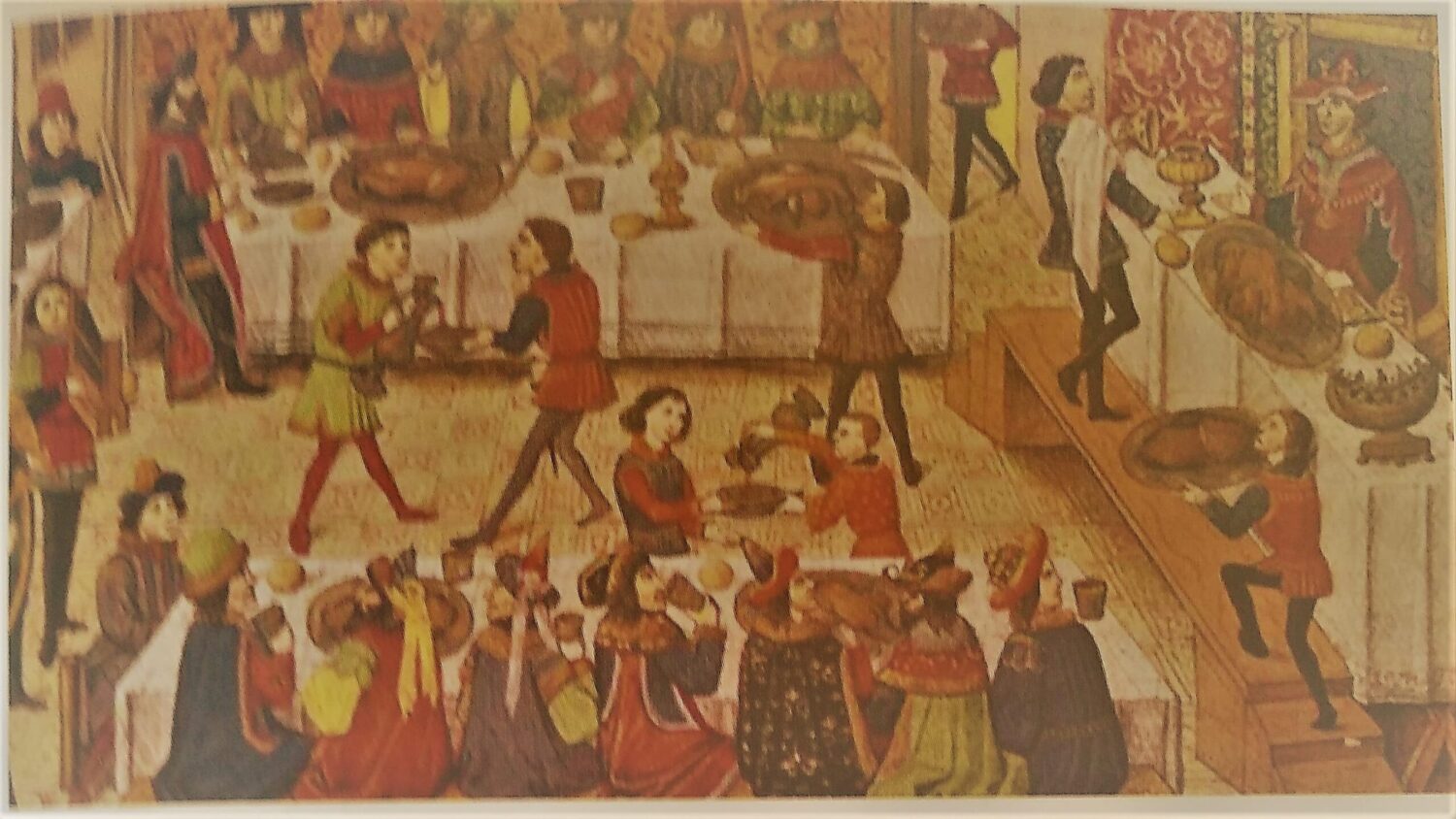Conscientious objectors: a legal battle against punitive alternative service
Hye-min Kim, a Jehovah’s Witness and an objector to military service, is the first person known to have refused “alternative service” since it was introduced in 2020. The new system involves working in a jail or other correctional facilities for three years – twice as long as the typical 18-month military service – which makes it the longest alternative civilian service (ACS) in the world.
Under international law, countries with compulsory military service are obliged to provide a truly civilian alternative of comparable length and not be punitive in nature or length, as suggested by the UN Human Rights Committee.
Kim is charged under Article 88 of the Military Service Act, which imprisons those who fail to enlist without justifiable grounds. He believes his objection is based on “justifiable grounds” under the Act, and that the current alternative service includes excessively punitive aspects that do not measure up to international standards.
Jehovah’s Witnesses have filed 58 constitutional complaints regarding the punitive nature of ACS.
Already three major relevant government agencies have weighed in (Ministry of National Defense, Military Manpower Administration, and the Ministry of Justice).
Thirteen Jehovah’s Witnesses have filed petitions with the National Human Rights Commission (NHRC), with over 30 others being prepared to do so.
The European Times talked with Hye-min Kim, a conscientious objector
The European Times: Can you tell us, Mr Kim, why you refuse military service?
I am one of Jehovah’s Witnesses, and as such, we follow the Bible’s teachings. Matthew 22:39 says we must love our neighbor as ourself and Matthew 5:21 telling us “You must not kill.” And in Isaiah 2:4, it is written “They will beat their swords into plowshares and their spears into pruning shears. Nation will not lift up sword against nation, nor will they learn war anymore.”
So, I couldn’t enlist in the military practicing killing people because I love my neighbors. That is why I am a conscientious objector.
The European Times: So, you refuse to perform military service but what is wrong with the civilian service?
Yes. I thought I would go to prison because I refused military service but the judge acknowledged my claim and acquitted me.
After that, there was an appeal trial by the prosecution, and I was acquitted there as well. Later, the Supreme Court also upheld my innocence.
Since then, an alternative service system has been established, and I am really grateful for that.
Now, instead of going to prison for refusing military service, I am able to fulfil my duty to the country reasonably. However, I found out that the alternative service system has a punitive nature.
I thought that the punitive aspect would improve over time since this was the first time an alternative service was established, but even after quite some time, it hasn’t changed.
The current alternative service requires twice the length of service compared to the military.
The authorities introduced a system similar to the military, even though it wasn’t the military.
You must stay in a dormitory. You are limited to only working in prisons.
Even though each situation is different – for example, when you are married and have to take care of your family – all must perform their military service according to the same framework.
As a member of this country, I want to fulfil my national duty, but the current alternative service violates my fundamental rights due to its punitive nature. Moreover, a number of objectors have a family to support, as it is my case, and for three years we will be unable to do it. This is a source of big concern for us, for our wives and our children.
I think all these punitive aspects need improvement.
These are the reasons why I am taking the risk to go to prison and I hope there will be substantial improvements in the legislation. Alternative does not mean punitive.
Human rights diplomacy
A director of the Asia Pacific Association of Jehovah’s Witnesses, Steven Park, states:
“The current alternative civilian service (ACS) program does not conform to international standards. The program is limited to in-prison facilities, which consists of what legal and human rights experts are calling ‘alternative punishment.’* As a result, there is a growing number of conscientious objectors filing constitutional complaints and submitting petitions to the National Human Rights Commission of Korea. We earnestly hope that the Korean authorities will soon offer them a nonpunitive option.
A spokesman at the World Headquarters of Jehovah’s Witnesses, Gilles Pichaud, states:
“We are saddened that some 900 of our fellow believers are being punished as de facto prisoners, for having exercised a fundamental right specifically recognized by the Constitutional Court and all branches of the South Korean government. Jehovah’s Witnesses are actively engaging in diplomatic talks with South Korean officials on a senior level. We are confident that the minister of justice and the presidential office will soon agree to a constructive dialogue. In the meantime, we will continue to inform officials internationally, including human rights bodies. It remains our sincere hope that conscientious objectors in South Korea will have a nonpunitive alternative to military service following the successful pattern in many other lands.”
Background information
For over 65 years prior to the ACS provision in 2018, South Korean courts imprisoned more than 19,000, mostly Jehovah’s Witnesses, who conscientiously objected to the country’s compulsory military service. Typically, they received 18-month jail terms and were saddled with criminal records and faced economic and social disadvantages that lasted far longer.
Some 900 young men are currently performing ACS in 19 different correctional facilities throughout South Korea. The first group of young men who entered the program when it began in 2020 will finish their service in October 2023.
In 2018, the Supreme Court and Constitutional Court recognized the right to conscientious objection in the country and required the government to introduce an alternative service of a civilian nature by the end of 2019.
On 27 December 2019, the legislature enacted amendments to the Military Service Act. However, the legislation still imposes unreasonable and excessive burdens on conscientious objectors. It stipulates a disproportionate length of the alternative service and that it is administered by military authorities.
Since 30 June 2020, conscientious objectors have been able to apply for alternative service. In October 2020, the first batch of alternative service personnel started their 36-month duty, which was limited to working in prisons or other correctional facilities.
Under international human rights law and standards, states with compulsory military service are obliged to provide genuinely civilian alternatives. These should be of a comparable length to military service, with any additional length based on reasonable and objective criteria. The process for evaluating claims to be recognized as conscientious objectors and any subsequent work service must also be under civilian authority.














